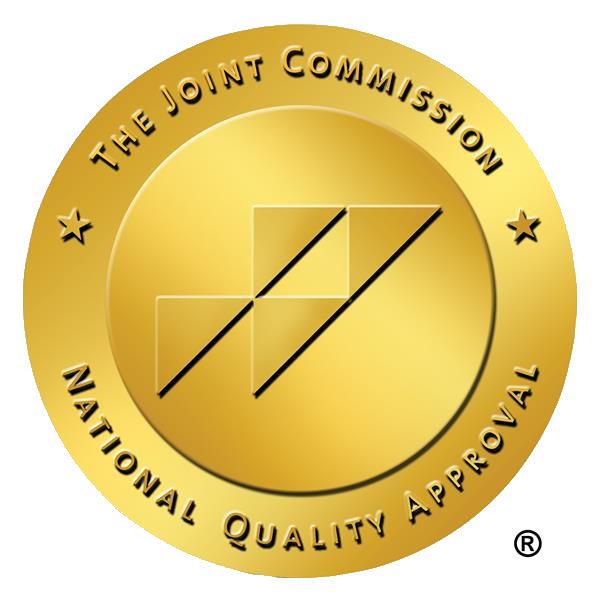Admissions Staff Are Standby 24/7
What Happens to Your Body When You Stop Drinking?
Article Contents
If you’ve made the decision to stop drinking, congrats! That’s a massive step towards improving your well-being and quality of life.
Whether you’re embarking on a dry January challenge or have decided to quit drinking for good, you’ll quickly realize the many adverse effects of alcohol.
That said, you may feel somewhat nervous about what happens next. So here’s what you can expect.
Understanding the Immediate Withdrawal Symptoms After You Stop Drinking
When a heavy drinker stops drinking alcohol, their body enters an acute state of withdrawal. These symptoms can emerge as soon as a couple hours after your last drink.
Alcohol withdrawal can range from mildly unpleasant to downright life-threatening. Serious symptoms like delirium tremens, for example, can be fatal. For these reasons, experts typically recommend people seek medical detox.
The length of alcohol withdrawal depends on several factors, including:
how frequently you drink
your physical health
other drugs consumed
history of alcohol detox
severity of your alcohol use disorder
Common withdrawal symptoms include:
increased cravings
headaches
stomach pains
poor appetite
sleep problems
hallucinations (in serious cases)
high blood puressure
confusion and paranoia
sweating and fever-like symptoms
With this in mind, the most severe physical symptoms tend to peak between 48-72 hours after the last drink. They often linger for several weeks, and post-acute withdrawal symptoms (PAWS) may persist for several months.
Benefits of Quitting Drinking
Alcohol affects every part of your body, and your drinking habits can significantly affect your physical and emotional health. Furthermore, heavy drinking creates numerous problems for individuals and their loved ones over time.
That said, quitting drinking brings forth many health benefits. You may start reaping these rewards as early as a few weeks or months after your last drink.
Improved Mental Health
Many people believe they need to have a glass of wine or a pint of beer to feel better about themselves. And while alcohol can make you feel happier or more confident in the short-term, heavy alcohol consumption often erodes your emotional well-being.
Alcohol is a depressant, and excessive consumptioin can disrupt brain communication. Even though you might temporarily feel relaxed, heavier drinking affects impulse control, motivation, and connectivity to others. This, in turn, tends to make people feel worse!
Better Sleep
Alcohol may make you feel drowsy, but it doesn’t promote restful sleep or optimal sleep quality. Although you may fall asleep quickly, alcohol disrupts your REM cycles, causing you to wake more frequently at night.
Quitting drinking allows your body to return to its normal circadian rhythms. Over time, you should enjoy deeper sleep, and you’ll wake up feeling more alert and refreshed.
Decreased Blood Pressure
Heavy drinkers often struggle with high blood pressure. This is true for people who engage in binge drinking and for people who drink on a daily basis.
High blood pressure is associated with heart disease and other medical concerns like strokes and cancer. Fortunately, many cases are reversible, and once you stop drinking alcohol, your levels might stabilize quickly.
Weight Loss
Heavy drinkers may consume upwards of thousands of empty calories each day. In addition, drinking often goes hand-in-hand with mindless eating or consuming sugary or fatty foods. Finally, people often lack the motivation to exercise when they’re drinking or hungover.
Over time, this pattern can lead to weight gain and issues associated with obesity. Fortunately, quitting drinking can have the opposite effect.
By going alcohol-free, you will no longer be drinking so many empty calories, and you may feel more motivated to dial in your nutrition and physical activity.
Improved Immunity
Heavy alcohol consumption can make you more susceptible to viruses, infections, and sicknesses. The bottom line is this: over time, alcohol weakens the immune system.
And when your immune system is down, your body cannot fight disease off as effectively as it normally would. You will be at a higher risk for inflammation and dangers from other pathogens.
But like other functions in the body, quitting drinking can improve the immune system. You may even notice these effects by feeling “healthier” after just a few weeks of abstinence.
Reduced Risk of Cancer
Alcohol causes damage to your cells, making you prone to specific cancers like liver, colon, and breast cancer. And while alcohol may not cause cancer, it can be a driving factor in physical health problems.
Quitting alcohol may reduce this risk. Moreover, if you adopt other healthier lifestyle habits (better nutrition, more physical activity, and reducing stress), you can drastically improve your health.
Enhanced Liver Functioning
The liver is responsible for approximately 500 functions within the body! But heavy alcohol use compromises the liver’s functioning, causing fatty liver disease or cirrhosis.
Fortunately, some of this lamage damage can be reversed, especially if you intervene early. Once you abstain from drinking alcohol, the liver starts taking steps to repair itself.
Better Relationships
How many times have you gotten drunk only to regret everything you did or said the next day? How often have you promised someone youd’ only have one drink only to keep going until you couldn’t remember?
Alcohol addiction can have a profound effect on your loved ones. As a result, many people notice that once they stop drinking, they gain more fulfilment in their relationships.
Final Thoughts
The harmful effects of alcohol are often progressive, meaning they worsen over time. So even if you don’t notice any problematic symptoms right now, that doesn’t make you immune.
Abstaining from alcohol may feel impossible. But the bottom line is that it’s possible, and treating your alcohol dependence may be one of the best choices you make for your emotional well-being.
At Celadon Recovery, we are here to help treat your alcohol addiction and teach you how to embrace a new way of living. Contact us today to get started!










